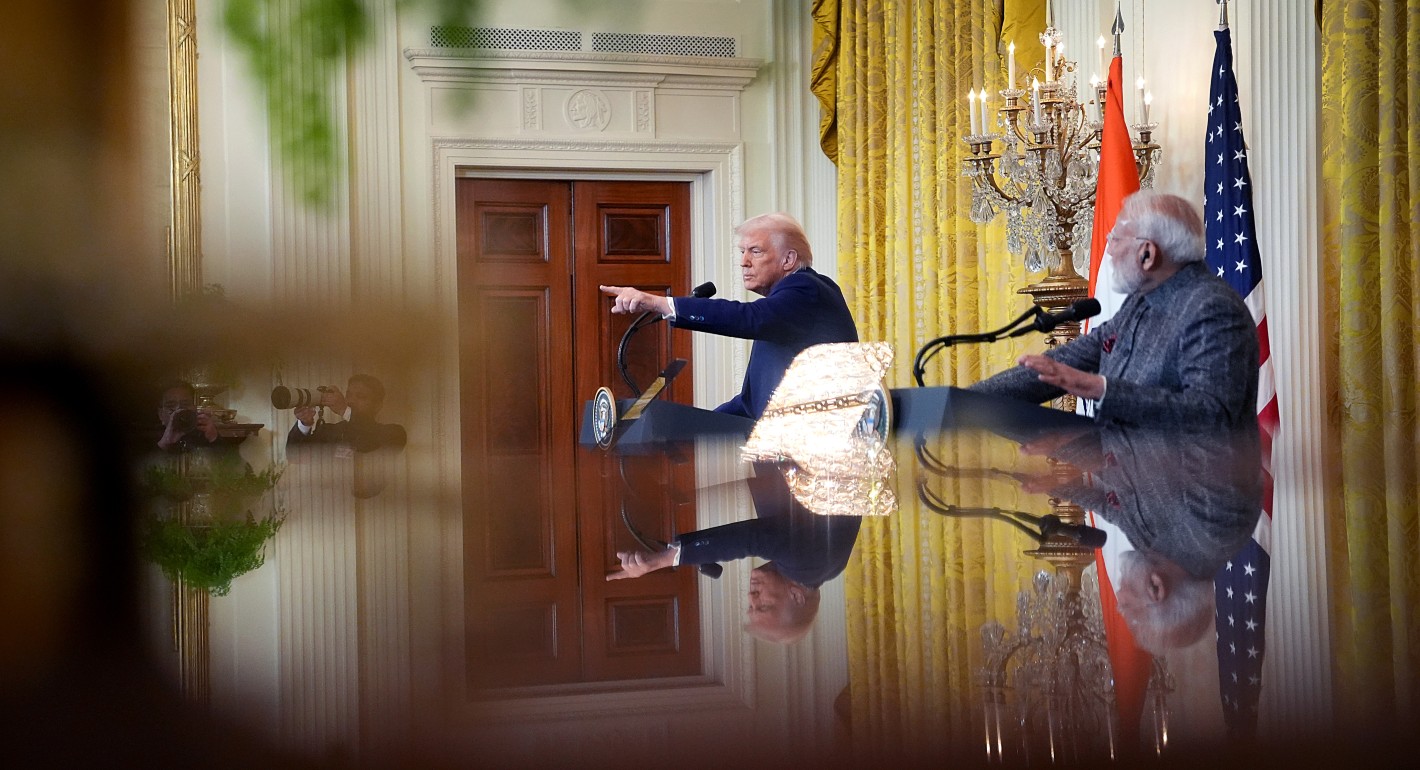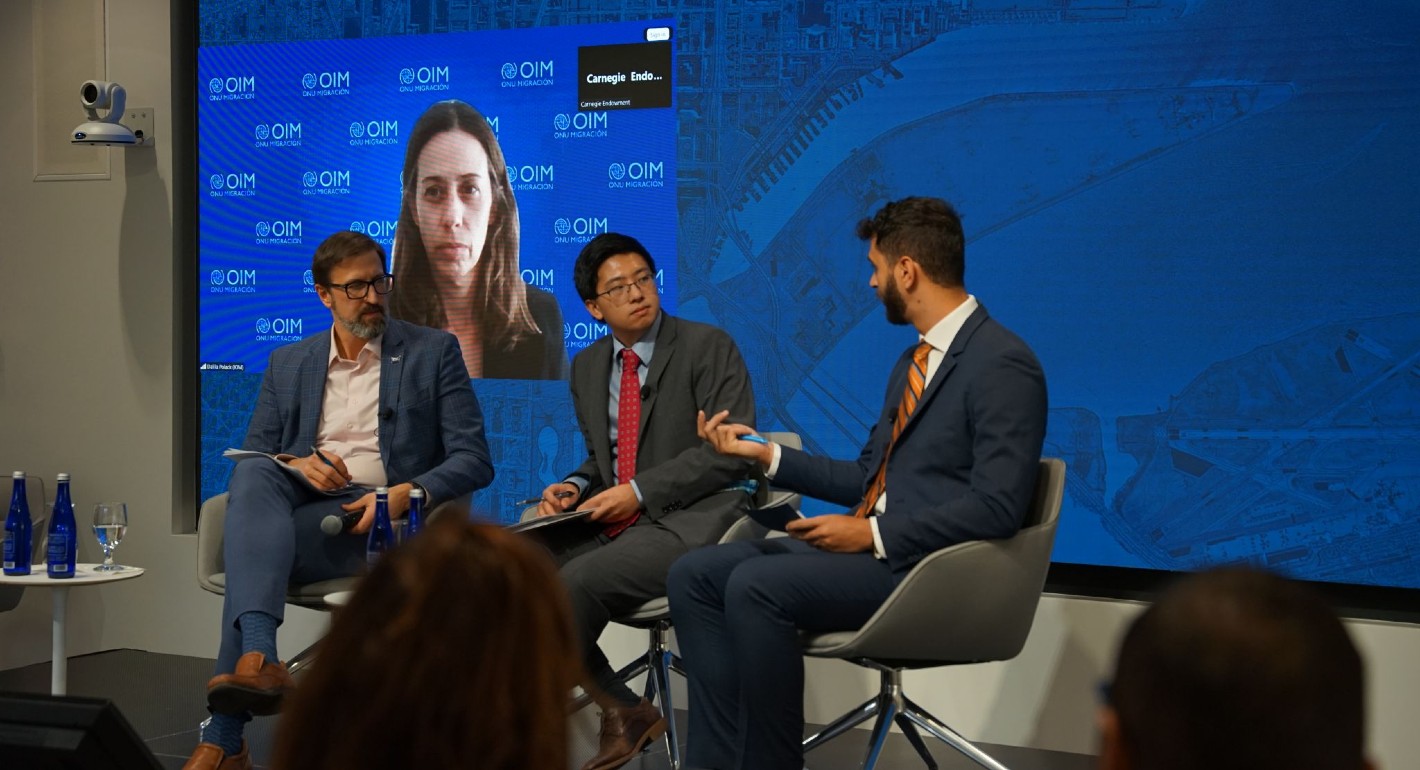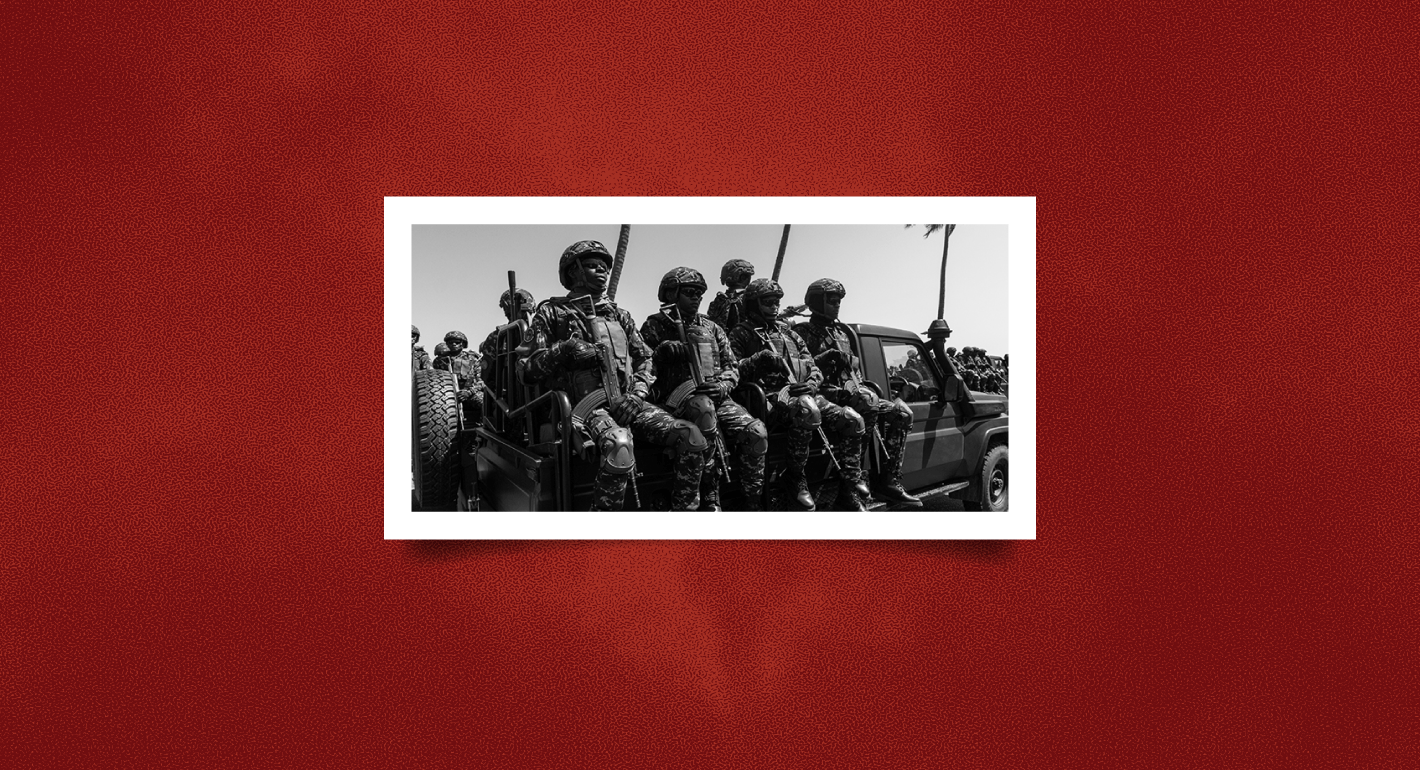Source: Carnegie
Reprinted with permission from The Times, September 13,
2001
Lessons for the generals
THE Cold War finally ended on Tuesday September 11 at 8.45am, Eastern Standard
Time.
Until that moment, faithful to the maxim that generals always plan for the last
war, the greater part of the United States’ political and security establishments
were still heavily influenced by Cold War thinking.
One key reason for this, of course, has been that the US
military, intelligence, think-tank and military industrial worlds have remained
overwhelmingly configured around Cold War structures.
They have anticipated conflict, or at least strong rivalry,
with large, organised states with modern, conventional militaries and old-style
nuclear missile forces. In the case of Russia, combating Russian influence in
the other former Soviet republics (often dubbed, bizarrely, “the restoration
of the Soviet Union”) was portrayed as a vital American national interest.
The alleged risk of renewed Russian aggression against Central
Europe and the Baltic states was made a key justification for the retention
and expansion of Nato.
In recent years, there have been strong moves to cast China
as the new, Soviet-style global threat to US dominance, requiring a Cold War-style
response. Hence moves to nullify China’s nuclear deterrent through national
missile defence (NMD). Despite some new thinking, US conventional forces remain
heavily organised and equipped for open warfare against formal, state-armed
forces bearing relatively high-tech weapons.
Missile defence and the planned US military domination of
space have been posited on an acute danger from states that, on the one hand,
are assumed to be organised and quite technologically sophisticated, but, on
the other, willing to commit almost certain collective suicide in pursuit of
their aims.
Yet in the end, most of this has been just shadow-boxing.
Indeed, that was true of the Cold War itself in its last ten years or so. America,
and America’s allies, are now in a real war — one which has just claimed
thousands of American casualties. By contrast, it should be remembered that
since the end of the Cold War, neither Russia nor China have been responsible
for a single US casualty. For that matter, it could well be argued that even
during the Cold War, the only time that the US and its allies really had to
fight was in Korea in 1950.
It is now abundantly clear that we do, indeed, face dreadfully
savage and fanatical enemies, willing to face certain death to destroy us and
with a high capacity for planning and organisation. But these are not open representatives
of states and they are most certainly not representatives of Russia and China.
On the contrary, Russia and China are themselves under severe threat from exactly
the same enemies and are our natural allies in our fight against them.
This is above all true of Russia, if it is proved that Osama
bin Laden or other groups backed by the Taleban were responsible for these attacks.
For the long-term control of pathologies stemming from Afghanistan, Russian
co-operation is absolutely essential. US policies of rolling back Russian influence
in Central Asia and undermining Russia’s hold on the North Caucasus have
to stop, now.
Unilateralist American policies in recent years have been
based consciously or unconsciously on the assumption that because America itself
is invulnerable, it does not really need allies. Missile defence was supposed
to complete the walls of Fortress America. Today, that assumption lies in ruins,
and the utter irrelevance of NMD to the real threats facing the United States
has been demonstrated beyond question.
In the short term, ferocious unilateral action by the United
States and its closest allies will be necessary to punish and deter the perpetrators
of this atrocity and any state that can be shown to have backed them. But even
in the medium term, a continuation of US unilateralism would be a critical threat
to victory in the anti-terrorism war.
This is true of US global policies, but above all in the
Arab and Muslim world. In the fight against terrorism, the co-operation of these
states is absolutely essential. One reason is that as this attack has cruelly
revealed, US intelligence in the Middle East is highly inadequate.
Equally importantly, massive Western retaliation against
Muslim targets unaccompanied by attempts to conciliate Arab and Muslim governments
and populations will risk spreading support for terrorism in all directions.
The US therefore needs finally to listen to pro-Western
Muslim states when they say that US support for Israel, and Israeli policies,
have made such co-operation on their part extremely difficult.
After Pearl Harbor, the Japanese commander Admiral Yamamoto
famously remarked that he was afraid that “all we have done is to awaken
a sleeping giant, and fill him with a terrible resolve”. Given the massive
and bestial nature of these attacks, American resolve is indeed likely to be
forthcoming. But to fight this war successfully, resolve alone is not enough.
We also need a whole new strategy.
Copyright Anatol Lieven/The Times, 13th September 2001
http://www.thetimes.co.uk/









